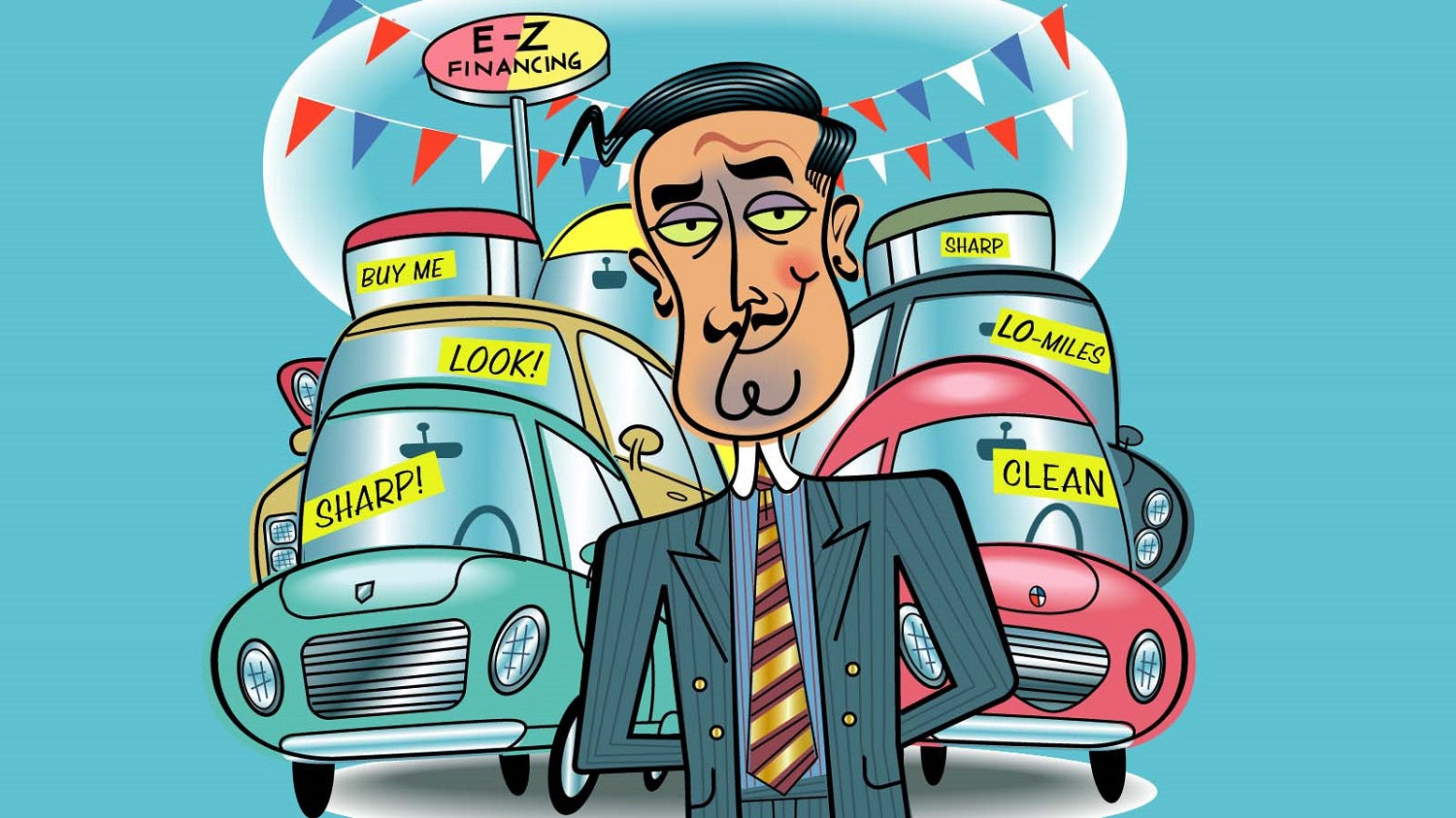Caveat Emptor: Let The Buyer Beware

"Be careful about reading health books. You may die of a misprint."―Mark Twain.
Twain lived in a time of charlatans and snake oil salespeople. It was a time when we knew little about health and science.
And the thing is, times have mostly stayed the same.
We have plenty of anecdotal evidence as to what works and what doesn't, but that doesn't stop people from forming their beliefs based on information that supports what they want to believe (known as confirmation bias).
We now see just how "bad" all the "science" about diet and health has been over the years. But besides all the research in the world, we have all the evidence that our ancestors left us, which is what we will ever need.
In my opinion, the "answer" to what dictates health and proper nutrition has already been "solved" by paleontologists. But, few believe this because they think some guy in a lab coat (who is probably overweight) should conduct some "study" or "test" to determine what the actual answer is. (Not to mention people's problem with "evolution" and how that ties in when studying our ancestors.)
Until it becomes profitable to fund studies that suggest that people "eat real food," there will always be a disconnect between what works and what others with an agenda push as "what works." (Hint: most corporations fund studies to support their agenda, and that agenda is selling products that aren't good for you or that you don't need.)
So what is the point? The point is to avoid buying into the hype. Be very selective in whom you take advice from. And when you do take advice, vet it for yourself. If it works, ok. If it doesn't, ok.
Here is my list of what works for health that I've learned over the years based on anecdotal evidence in my own life and from what I've seen in other people's lives (plus plenty of research):
In simple terms, to live a long and healthy life, you do this:
- Eat real food
- Practice calorie restriction and skip meals often (fasting)
- Engage in intense exercise multiple times a week
- Move as much as possible (walk) daily
- Believe in something
- Have a purpose
- Be Social
- Get sunlight
- Balance everything
That's my list. It works. It has life-saving/changing potential. But that list only sells the latest diet book or provides a little content for Dr. OZ to tout to fat women (and men) across the country. Nor does it sell courses, crappy supplements, or the gimmick ab machines you see on late-night infomercials. That single little list could cripple more than one multi-billion dollar industry.
I'm not saying these industries are all evil and out to make a buck at your expense, although some are. Most don't know any better; they make a buck at your cost.
In 20 years, there will probably be enough peer-reviewed scientific evidence that we will all point to as the "answer" to all this health, nutrition, and fitness. It may hit the mainstream, and the old fitness and diet fads of the 20th century will start to die.
I don't know. (But I hope so.)
You don't have to wait for that. You can be an educated consumer. You can buy the best products in the world sourced from producers doing things the right way. You can read books and articles and seek out the answers for yourself instead of having some corporation—news or food company—tell you the answers.
Regarding your health, you should live by the maxim: caveat emptor; let the buyer beware.
In the United States, caveat emptor was the default for American businesses before the government started regulating industries. Nowadays, there is at least the perception that you, as the consumer, are protected by the government. But this is just perception.
I've seen firsthand how lax the regulations are through developing the initial Wild Foods product line (Wild Coffee, Wild Tea, Wild MCT Oil, Wild Whey).
Of course, we take the opposite approach here at Wild Foods: we actively seek the best product ingredients and manufacturing practices. This almost always ends up costing us more. In a way, that makes us proud. We want to have the best products, not the cheapest. And when we can get a break by ordering in bulk or negotiating with our suppliers, we pass that on to our customers (or reinvest it into making the product even better).
But I digress.
It's time to become an educated consumer. Ask questions about the products you use and the companies you get them from. Learn how they are made, where the raw ingredients are sourced, and how they are produced. If they cannot answer your questions because they don't know, that should raise a red flag.
Colin Stuckert, Founder/CEO, Wild Foods
